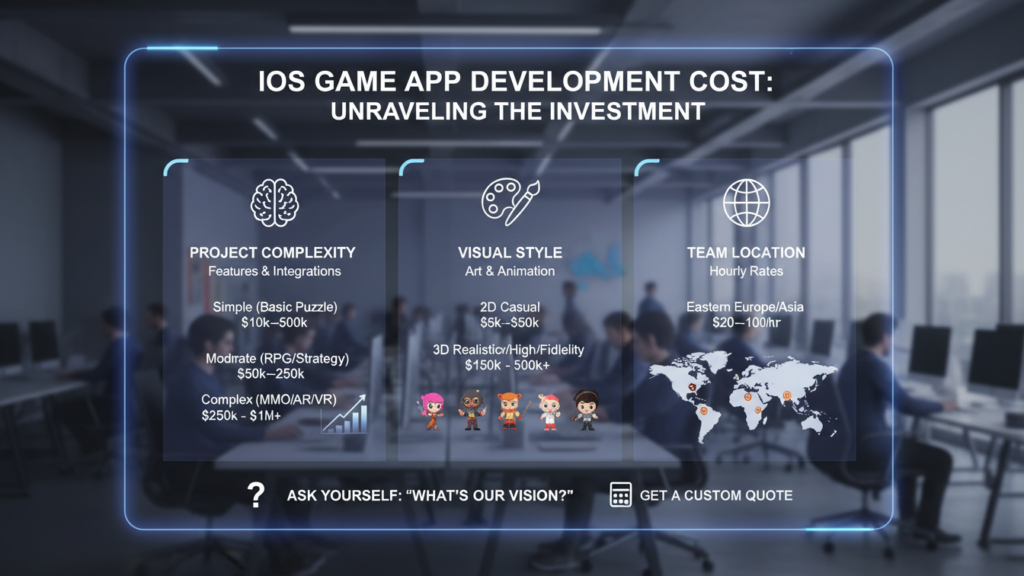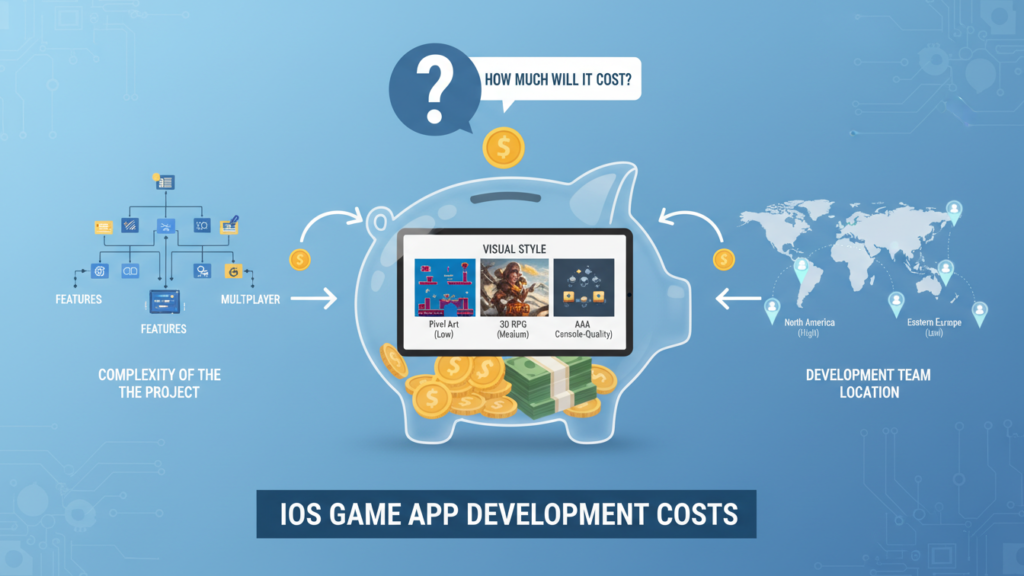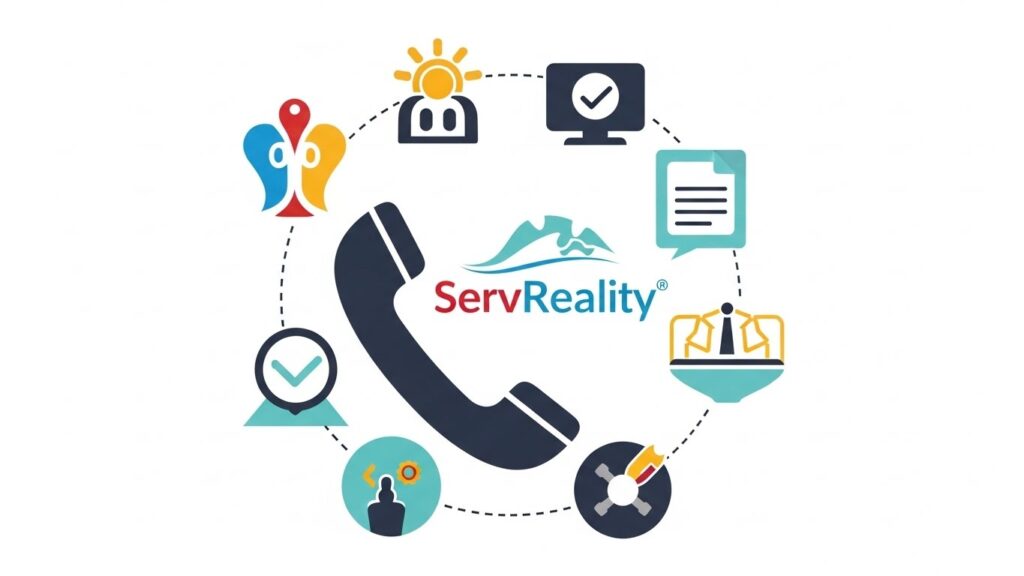
1. Understand Your Target Audience
Before creating an app, it is crucial to understand your target audience. You need to know their needs, preferences, and behaviors to design an app that resonates with them and provides value. For example, if your app targets fitness enthusiasts, you should focus on features such as workout tracking, goal setting, and motivation tools. By understanding your audience, you can create an app that meets their needs and keeps them coming back for more.
2. Keep Your App User-Friendly
A user-friendly app is essential for success. Users should be able to navigate the app easily, find what they need quickly, and complete tasks without frustration. Use clear, concise language in your app’s interface and minimize clutter. Also, consider using intuitive icons and visual cues to guide users through the app. A user-friendly app will keep users engaged and encourage them to return to the app regularly.
3. Optimize for Search Engines
Search engine optimization (SEO) is crucial for mobile apps. It helps users find your app when they search for related keywords or phrases. To optimize your app for SEO, use relevant keywords in your app’s title, description, and tags. Also, consider using app store optimization (ASO) tools to help improve your app’s visibility in the app stores. By optimizing for SEO, you can ensure that your app is easily discoverable by potential users.
4. Incorporate Personalization
Personalization is a powerful tool that can help you retain users and increase engagement. By tailoring your app’s content, features, and recommendations to individual users, you can create a more personalized experience that keeps them coming back. For example, if your app targets fitness enthusiasts, you could recommend workouts based on their previous activity or provide personalized nutrition advice based on their dietary preferences. Personalization will help you stand out from the competition and keep users engaged with your app.
5. Test and Iterate
Testing is an essential part of the app development process. You should test your app thoroughly before launching it to ensure that it works as intended and provides a seamless user experience. Also, consider using analytics tools to track user behavior and identify areas for improvement. This data can help you iterate on your app and make changes based on user feedback. By testing and iterating, you can ensure that your app is bug-free, easy to use, and meets the needs of your target audience.
6. Launch a Marketing Campaign
A successful marketing campaign is essential for driving downloads and engagement. Consider using social media, email marketing, influencer marketing, or other channels to promote your app. Also, consider offering incentives such as free trials, discounts, or exclusive content to encourage users to try your app. By launching a marketing campaign, you can reach a wider audience and increase the visibility of your app in the app stores.
7. Focus on User Retention
User retention is crucial for the long-term success of your app. To retain users, focus on providing value and creating a sense of community. Consider using push notifications, in-app messages, or other communication tools to keep users engaged and informed. Also, consider offering exclusive content or features to premium users to encourage them to upgrade. By focusing on user retention, you can ensure that your app remains relevant and valuable to your target audience long after they have downloaded it.
FAQs:
Q: What are some common mistakes that app developers make when launching an app?
Some common mistakes include not understanding their target audience, neglecting app store optimization, failing to test the app thoroughly, and not focusing on user retention.
Q: How can I measure the success of my app?
You can measure the success of your app by tracking downloads, engagement rates, user retention, and revenue. Also, consider using analytics tools to gain insights into user behavior and identify areas for improvement.
Q: What are some popular channels for promoting mobile apps?
Some popular channels for promoting mobile apps include social media, email marketing, influencer marketing, app store optimization (ASO), and search engine optimization (SEO).
Conclusion:
Creating a successful mobile phone app requires careful planning, execution, and iteration. By understanding your target audience, keeping your app user-friendly, optimizing for search engines, incorporating personalization, testing and iterating, launching a marketing campaign, and focusing on user retention, you can ensure that your app resonates with your target audience, provides value, and drives long-term success. Remember to stay up-to-date with the latest trends and technologies in mobile app development, and never stop learning and improving. With these essential insights, you can create an app that engages users and helps your business grow.



